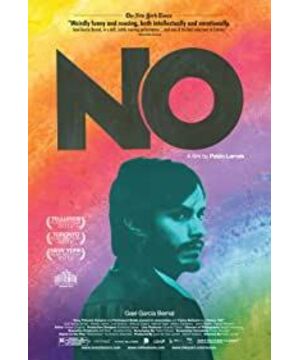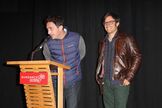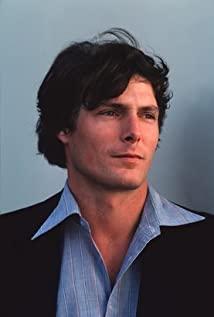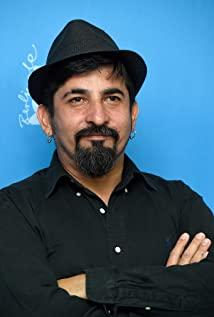Not only that, Pinochet also allowed the opposition factions to promote their opposition ideas on television, which was unprecedented under Pinochet's administration. In the past, all public broadcasting was controlled by him, so there was no objection. With this opportunity, the opposition faction immediately invited the then advertising upstart Lei Li to help produce a TV promotion program, and the film focused on this media promotion war.
The first level of conflict in the film is between Lei Hei and the opposition factions. He totally denied that the opposition factions used tragedy as the focus of their propaganda wars, and persuaded them to use joy and freedom as their selling points. He is afraid that sadness will only hook the fear in the hearts of voters who voted, and he cannot inspire dissociated voters in the middle to vote. However, what is hidden here is not just the difference in propaganda concepts, it involves the interests of the opposition factions, and each wants to use their party’s tragedy to impress the masses. What's more, when the protagonist Lei Li asked the opposition whether they wanted to win the referendum, the opposition factions believed that the referendum was manipulated and it was impossible to win. Therefore, they believed that the focus of propaganda was not to win, but to spread. Concept, awaken the sense of resistance of the masses.
Originally, emphasizing future hopes and choices and paying attention to the oppression of the past, the two do not necessarily conflict. However, when it comes to choosing which tone to use for propaganda, this becomes a question of political aesthetics, and the images used will be completely different, and a second level of conflict has also appeared. The sad party asks women to talk about their dead or missing relatives, and the color is plain white; the happy party introduces many images of laughter and freedom, and uses color as the symbol of this movement. Different aesthetics actually represent different interpretations of the movement, so that people in the opposition (even Lei Li's ex-wife) are very puzzled as to whether this de-historicized image can contain the energy of opposition? Will propaganda against Pinochet’s rule lead to the end of obliterating the opposition’s own history?
If the audience is attentive, they will find that most of the images used by Lei Li are from the United States. From the advertisements he made for soda to the "James Bond style" he created for the TV series after the success of the referendum, they are all American. cultural product. This leads to an extra layer of confusion ︰ this pursuit of freedom of the road, in a referendum on this matter is certainly successful, but in the long-term development, will become another cultural colonization?
Regardless of Reilly promotional practices problematic, and finally they can win in the referendum. The movie seems to want to lay out the media war say how important it is in politics. However, the reality is, if there is no final military defections, Pinochet certainly will not admit the opposition to win; if more questioning why the military defections, which involves the struggle of the opposition for many years, as well as social development, so that politics had to make the appropriate reforms. For this reason, we will not put it up to Taiwan media war undue height; for this reason, we will not deny the efforts of the people in the fight tyranny.
At the end of the movie, before the military reversal, the opposition factions suddenly lose power. This scene reminds people of the recent Malaysian elections. Chile's power in exchange for victory in Malaysia in exchange for the power of the ballot boxes from the sky, the sanctity of elections, and it was destroyed, the outcome can be rewritten, the ruling party continued their domination than 50 years ago. Chile fate twenty years ago did not come today Malaysians body. However, the road from each country to go its own nationals. After the opposition wins at the end of the movie, the protagonist Lei Li walks into the crowd holding his son and accepts the fact of their victory at a very slow speed. Yes, there should not be a hero during the campaign, there should be only the masses, but also to return to the mine in the crowd, while his son and others in the future, will have to consolidate under no unbreakable certainty, confidence step by step Go on.
Text published in the "Times Forum" section 1342 (May 19, 2013)
Author ︰ Enoch Tan
View more about No reviews










